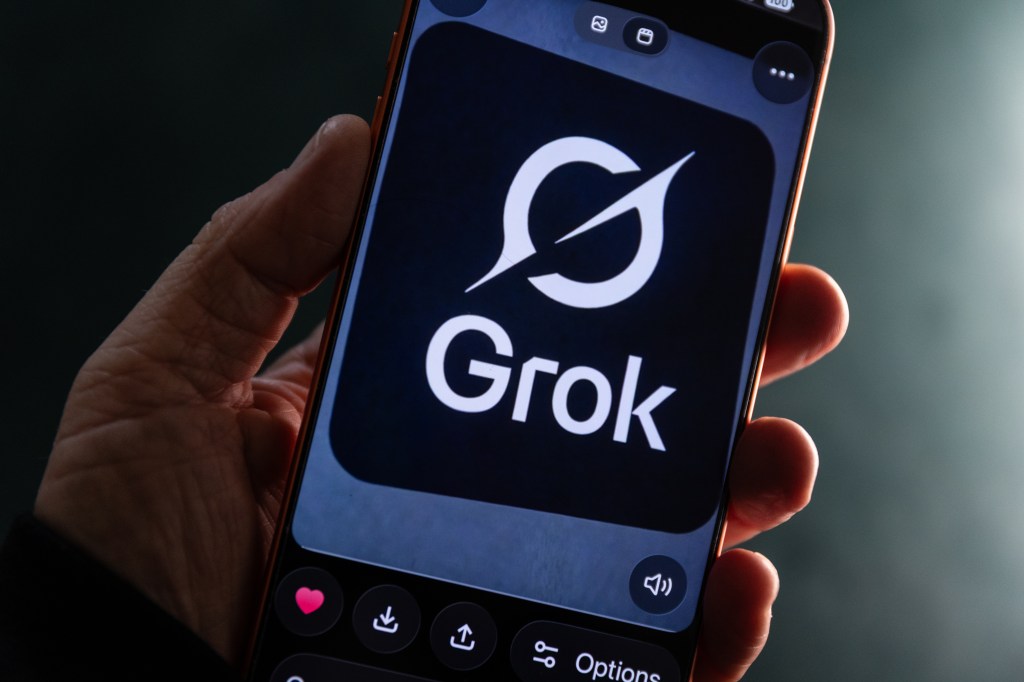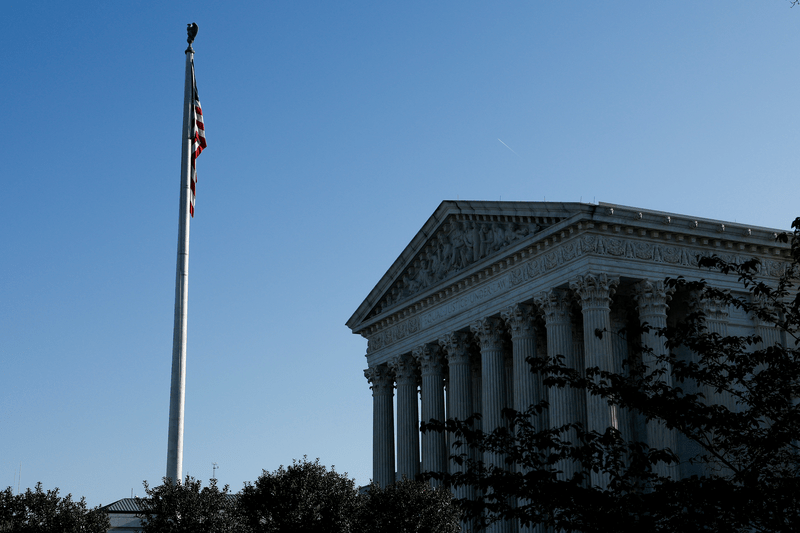The US Supreme Court agreed on Monday to take a case and examine the burden of proof on financial whistleblowers in retaliation cases against their employers.
In taking up a case involving Switzerland-based UBS Group AG, the justices will hear an appeal from Trevor Murray, a former UBS bond strategist,
Register for free to keep reading
To continue reading this article and unlock full access to GRIP, register now. You’ll enjoy free access to all content until our subscription service launches in early 2026.
- Unlimited access to industry insights
- Stay on top of key rules and regulatory changes with our Rules Navigator
- Ad-free experience with no distractions
- Regular podcasts from trusted external experts
- Fresh compliance and regulatory content every day













